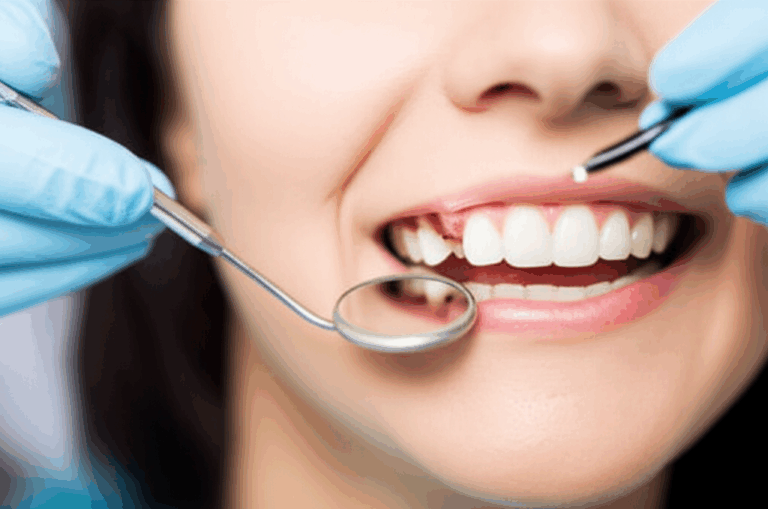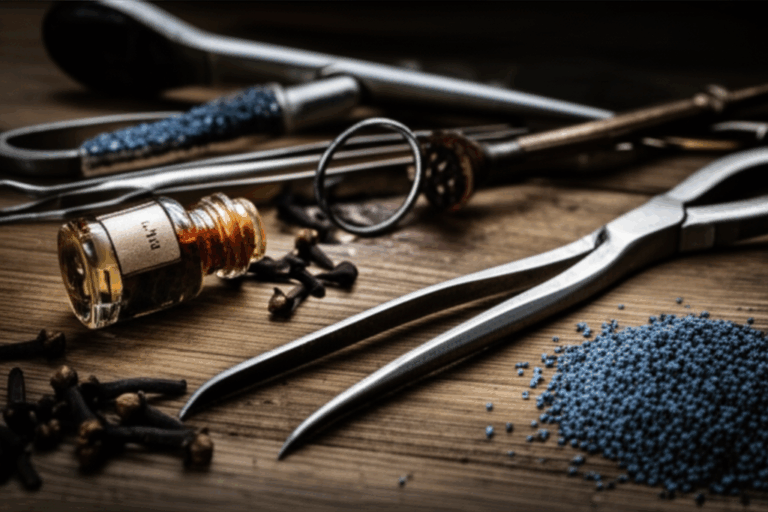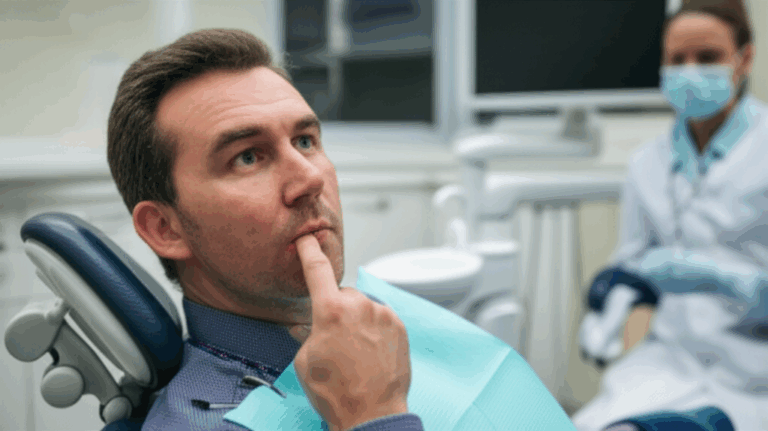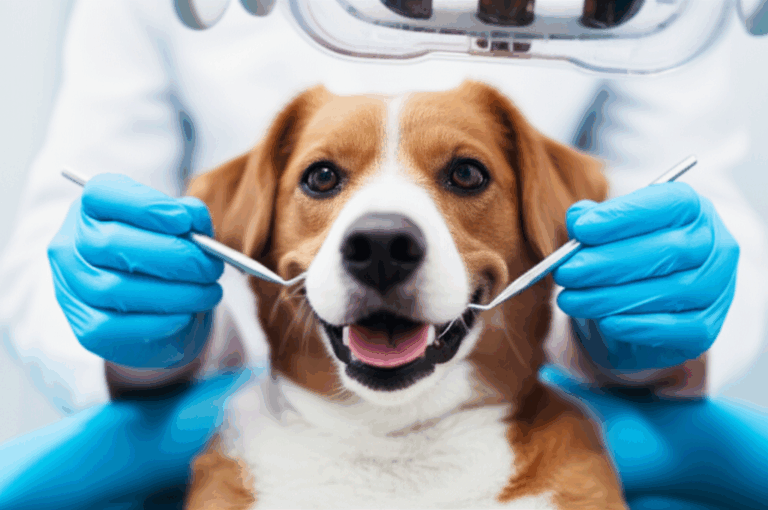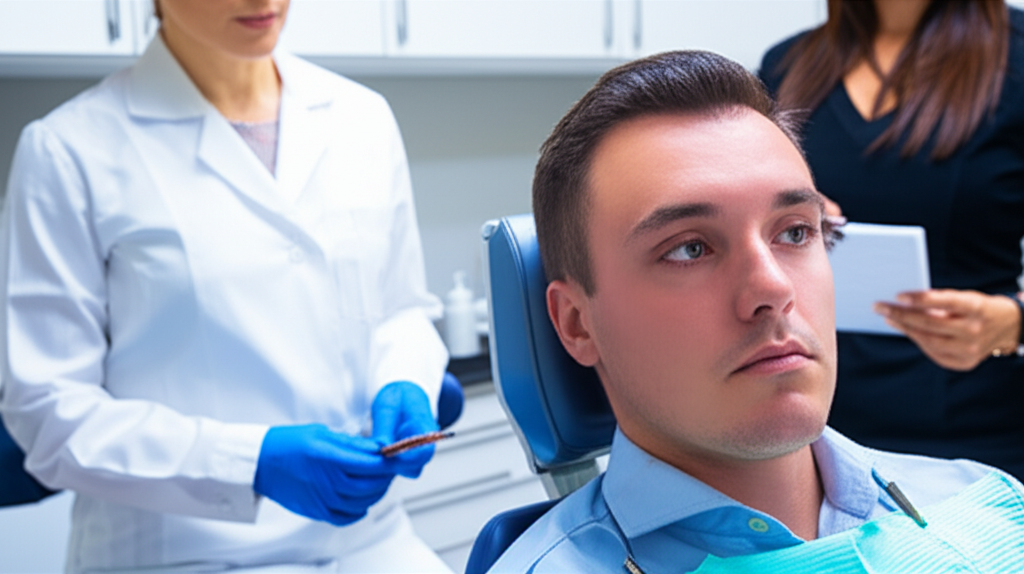
Can a Dentist Charge More Than the Contracted Amount? Understanding Your Dental Bill
Are you looking at a dental bill and scratching your head, wondering, “Can a dentist charge more than what my insurance allows?” You’re not alone! This simple guide will show what’s really going on with your dental charges, help you avoid surprise bills, and tell you how to fight mistakes. You deserve a fair deal, and knowing your rights can save you lots of money and stress.
Table of Contents
Why Knowing Dental Billing Rules Matters
Have you ever opened a dental bill to find a big charge you didn’t expect? You’re not the only one! Dental bills are confusing for most people. Sometimes, dentists do bill more than insurance says they can, but is this allowed? Usually, if your dentist is in-network and the service is covered, they should not charge you above the allowed amount. But there are some exceptions.
It matters because nobody likes paying more than necessary. If you don’t know the rules, you could end up paying hundreds or even thousands of dollars more than you should. Dental bills add up fast—especially for crowns, tooth implants, or braces. Plus, handling bills and insurance papers is the last thing anyone wants to do after a root canal.
Let’s stop the confusion and help you save your money. Knowing the rules is very important when it comes to dental bills!
What Is a Contracted Amount?
Dentists and insurance companies make deals on how much different dental services should cost. The contracted amount—sometimes called the “allowed amount”—is the price an in-network dentist agrees to accept from your insurance for a certain treatment.
Here’s how it goes:
- Let’s say a crown usually costs $1,000.
- Your insurance might have a contract that says the allowed amount is $600.
- The dentist has to write off the extra: $1,000 minus $600 is $400, and the dentist cannot ask you for this amount.
Why This Limits Dentist Charges
If your dentist is in-network (that means they’ve made an agreement with your insurance), they can’t make you pay more than the allowed rate for services your plan covers. They have to “write off” the extra.
Table: Contracted Amounts Made Simple
| Procedure | Dentist’s Usual Fee | Contracted Amount | Insurance Pays | You Pay (if covered) |
|---|---|---|---|---|
| Dental Crown | $1,000 | $600 | $400 | $200 |
(This assumes $200 coinsurance or copay for the crown.)
What Happens With In-Network Dentists?
When you see an in-network dentist, you’re working with someone who has agreed to:
- Take insurance’s allowed rates (see above)
- Not charge you more for things your plan covers (other than normal deductibles, coinsurance, or copays)
- Write off money above what insurance allows
“Balance Billing” Is Not Allowed for Covered Services
Balance billing is when the dentist tries to make you pay the difference between their normal fee and what insurance pays. This is not allowed for in-network dentists, unless the service is not covered.
Why Write-Offs Matter
Let’s say the allowed amount for a filling is $150, but the dentist charges $250. The dentist must write off the extra $100—not collect it from you.
If your dentist tries to charge you the extra, that’s a billing mistake. You can dispute it!
How About Out-of-Network Dentists?
Things change when you see an out-of-network dentist—someone who hasn’t agreed with your insurance company.
Out-of-Network—The Rules Change
- There’s no contract, so the dentist can charge their normal fee.
- Insurance might pay just a small part using their own set rates (Usual, Customary, and Reasonable or UCR fees).
- Balance billing is allowed: you have to pay the rest above what insurance covers.
Example:
- Dentist charges $1,000 for a crown.
- Insurance UCR for out-of-network is $600; insurance pays $400.
- You owe the difference = $600 (contracted) + $400 = $1,000 total. Insurance sends $400 to dentist. You pay $600.
Out-of-network means you pay more out of your own pocket. Always check if your dentist is in-network before you get work done!
Why Did My Dental Bill Get So High?
Sometimes dental bills are way bigger than you expect. Here’s why this can happen—and what you can do.
Non-Covered Services
Some things just aren’t in your dental plan—like most cosmetic work (veneers, whitening) or things insurance doesn’t cover yet. For these, dentists can charge whatever they want. Insurance doesn’t pay, and there’s no allowed rate.
Insurance Limits and Deductibles
Most dental insurance plans have yearly maximums (the most they’ll pay each year, for example $1,500). If you reach the max, you pay the rest.
Also, check if your deductible applies. If you haven’t paid it yet, you’ll have to pay more at first.
Copayments and Coinsurance
Even for covered services, you still pay part of the price (your copayment or coinsurance).
Billing Mistakes
Mistakes happen. Coding errors (like using the wrong dental code), office mix-ups, or processing mistakes can make your bill too high.
Special Materials or Extras
If you choose a special crown or pricier dental material, you might pay more than the normal benefit your plan covers.
Tip: Always ask about costs before you agree to extra-price materials.
What’s an EOB—and Why Does It Matter?
Ever get a paper that looks like a bill but isn’t? That’s your Explanation of Benefits (EOB). It shows what insurance paid, what’s left for you, and why.
EOB vs. Bill
Your EOB comes from your insurance, not your dentist. It isn’t a bill! Use it to check your real cost.
Important info you’ll find:
- What was done
- What the dentist charged
- What insurance allows (contracted amount)
- What insurance paid
- What you owe (copayment, deductible)
- Reasons for anything insurance didn’t pay
Watch for Mismatches
- Does the dentist’s bill match your EOB?
- Is there a charge over the allowed amount for covered services? That’s a red flag!
If something doesn’t add up, don’t just pay it—ask questions.
Spotting and Fixing Overcharging
If you see a big charge on your dental bill that seems wrong, here’s what you can do.
Step 1: Collect Your Papers
Get everything together:
- EOB from insurance
- Dental bill from dentist
- Any agreements or treatment plans you signed
Step 2: Talk to Your Dentist’s Office
Call or visit the billing office. Be calm! Here’s what to say:
> “I see a charge over my insurance’s allowed amount. Can you explain this? Can I get a detailed bill?”
A lot of times, it’s just a simple mistake. They can fix it quickly.
Step 3: Call Your Insurance Company
If things are still confusing or the dentist says you owe the extra, call your insurance. Ask:
- What’s the allowed rate for this service?
- Is my dentist in-network?
- Why am I being charged more?
They can look at the claim and, if needed, talk to the dentist for you.
How To Dispute a Dental Bill
If talking doesn’t fix it, you have choices! Here’s what to do:
Escalate Your Complaint
- Department of Insurance in your state can help with complaints.
- State Dental Board helps with dentist ethics and billing problems.
- If needed, get a patient advocate or talk to a lawyer if it’s a big bill.
Try to Work It Out If You Owe
Sometimes you may have to pay, but it’s too much for you. Try to work out a deal! Dentists want to get paid, so they might give you a payment plan or lower your bill.
Story—Real Example
Megan got a $1,200 crown bill, but her EOB said the allowed amount was $600, and her copay was $200. She called the office, showed her EOB, and the dentist gave back $400—the extra over the allowed rate.
Never be afraid to stand up for yourself.
Precautions to Avoid Ugly Dental Bill Surprises
Here’s how you can stop dental bill problems before they happen.
Know Your Plan
Read your dental insurance info. Know:
- Your yearly max
- What is and isn’t covered
- Deductibles and coinsurance
- If you need approval ahead of time for big things
Ask Questions, Always
Before any big dental work, ask your dentist for a detailed plan and a written price estimate.
- Is this covered?
- What do I pay?
- Will you use any special, extra-cost materials?
If you want crowns or bridges made from quality, budget-friendly materials, check out a good china dental lab. Their prices and work are often great.
Check Network Status
Dentists can join or leave insurance networks during the year. Always double-check that your dentist is in-network before you go!
Read Before Signing
Dentists ask you to sign payment policies before treatment. Read them! Ask about anything you do not understand.
If your dentist uses new tech—like the latest digital or 3d dental lab systems—ask if it will cost extra.
Key Takeaways To Remember
- In-network dentists can’t bill over the allowed amount for covered services.
- Out-of-network dentists can charge what they want—so you might pay more.
- Check your EOB! It tells you what you really owe.
- Don’t just pay bills you don’t get—ask questions.
- You can dispute billing mistakes or high charges—speak up!
- Always get price estimates ahead and know your insurance plan.
- Watch for extra costs for special materials or upgrades.
- If you have a big balance, ask your dentist about payment help.
Frequently Asked Questions
Q: Can I be charged more than my insurance’s allowed amount for a cleaning or filling if my dentist is in-network?
A: No. In-network dentists must take the allowed amount for covered services and can’t charge you the extra.
Q: What if my dentist says a service isn’t covered—can they charge any price they want?
A: Yes. For things insurance doesn’t cover (like whitening or special veneers), dentists aren’t limited by insurance and choose their own prices.
Q: How do I check if my dentist is in-network?
A: Call your insurance or check the provider list. You can also ask your dental office before you start treatment.
Q: My bill is too high, but I need dentures or a new crown. How can I save?
A: Talk with your dentist about using an affordable removable denture lab or a crown and bridge lab. High quality is possible for less!
Q: Who can I go to if my dentist won’t fix a billing mistake?
A: Start with your insurance. If you need more help, contact your state’s Insurance Department, Dental Board, or a patient helper.
Bullet Points—Most Important Things to Remember
- Always check if your dentist is in-network for lower out-of-pocket bills
- Remember, EOBs aren’t bills—but use them to spot mistakes
- Get written treatment plans and cost estimates
- Dispute any bill that’s too high or doesn’t match your insurance info
- Act fast. The sooner you ask questions, the more likely you’ll fix any mistake
Take charge of your dental costs and don’t be shy about asking questions. Your mouth—and your wallet—will be glad you did!

